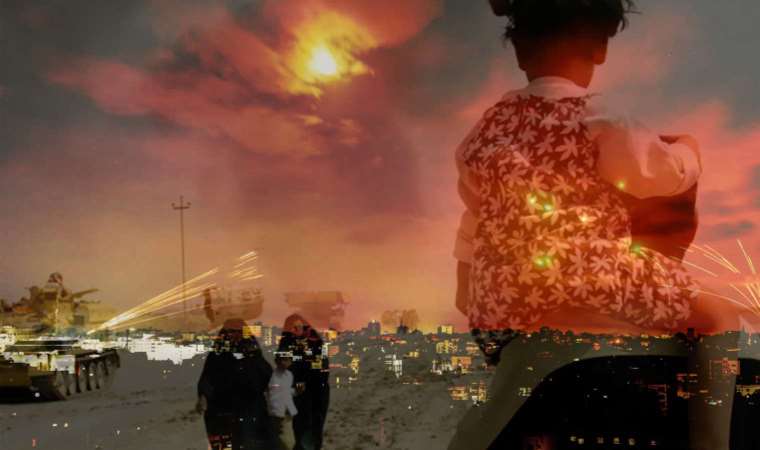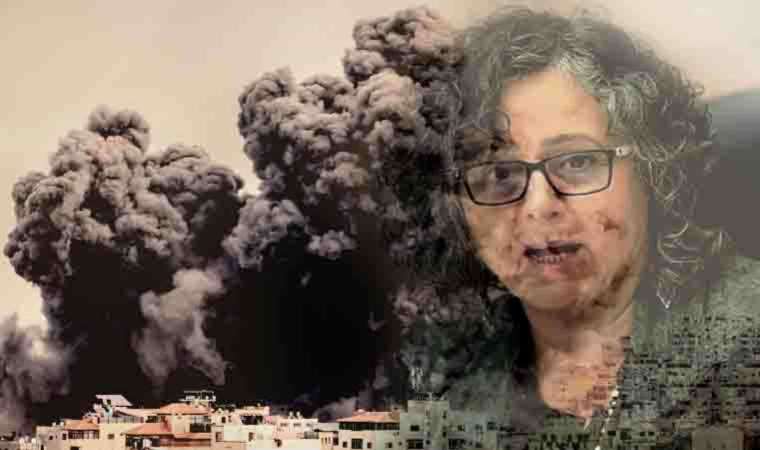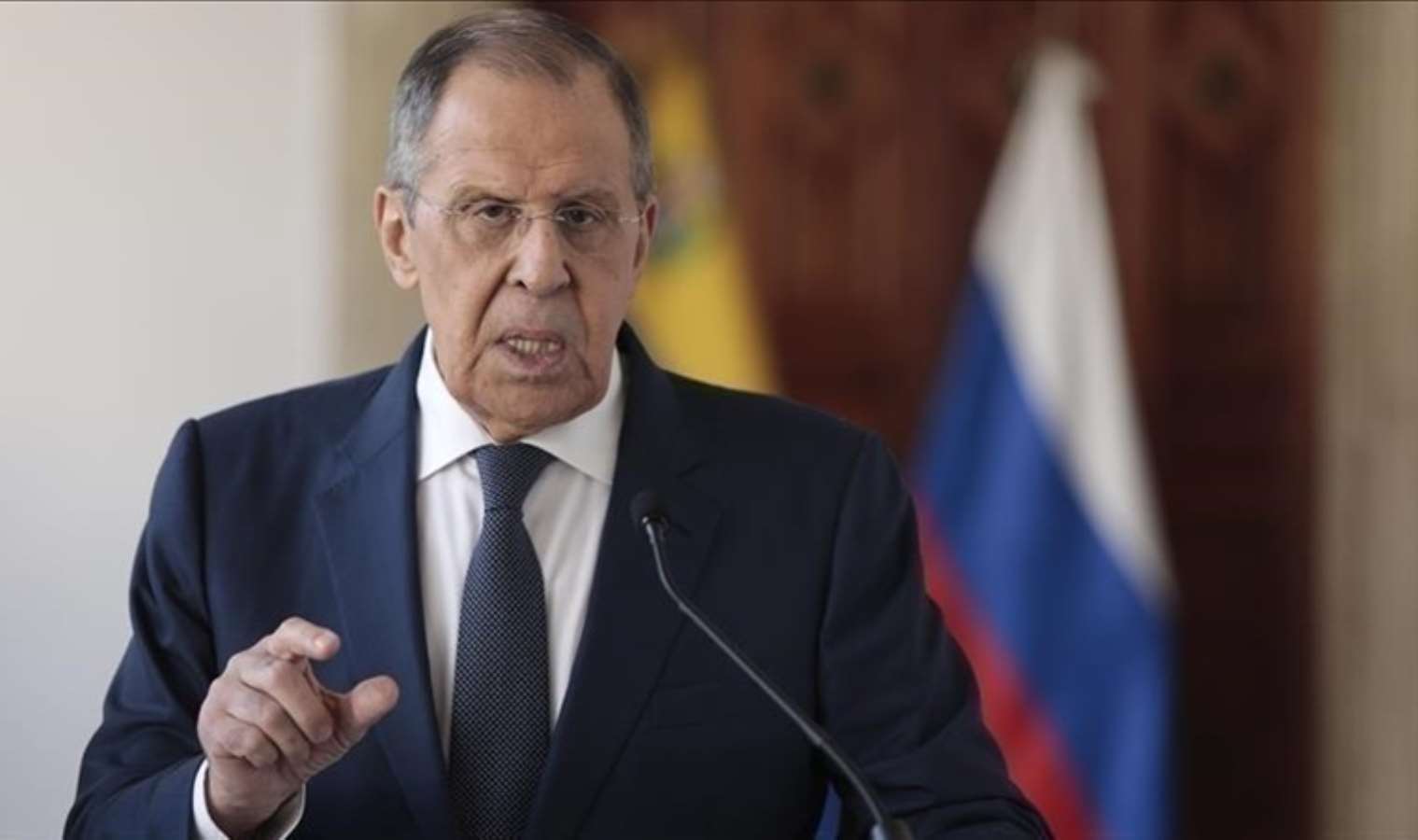Hamas-Netanyahu Conflict and Turkey
Emre Kongar

For nearly a century, Turkey, situated at the heart of the "Devil's Triangle" defined by the Balkans, the Caucasus, and the Middle East, enjoyed a period of peace, largely due to the stances of the founding fathers of the Republic of Turkey, Mustafa Kemal Atatürk and the second president, İsmet İnönü.
Regrettably, during recent years, that peace atmosphere has been disrupted as the government became entangled in imperialistic endeavours to destabilize the Middle East.
The harrowing scenes from the Hamas-Netanyahu conflict, which took precedence while we were organizing conferences for our work The Century of the Revolution and the Counter-Revolution (TR. Devrimin ve Karşı Devrimin Yüzyılı), prompted several reflections:
- It underscored, once more, the significance of the Republic that Atatürk and İnönü bequeathed to us, along with the century of tranquillity it bestowed upon our nation.
- It kept me awake at night as it brought to light the threats and perils looming over our nation.
1) This isn't a religious war
That is not an identity-based conflict pitting Jews against Muslims.
Judaism and Islam, sacred religious identities, are being exploited to obscure injustices, lawlessness, and atrocities in this war.
2) It's not a total war between Palestinians and Israelis
Hamas doesn't speak for all Palestinians.
The Palestine Liberation Organisation, for instance, doesn't command unanimous support from PLO advocates.
Netanyahu, embroiled in corruption inquiries and facing fierce opposition in his bid to curtail the Constitutional Court's authority, doesn't represent the entirety of the Israeli populace.
3) This conflict can also be viewed as a mere spark in a broader struggle for global power dynamics
Israel is bolstered by the US and Europe, while Hamas finds support from Iran and Russia.
4) Iran and Hamas reject Israel's existence, while Israel is pushing an expansionist agenda into Palestinian territories, excluding them
Both sides accuse each other of intransigence and view each other as existential threats.
5) The allies of the present belligerents appear inclined to contain the blaze and refrain from direct involvement in the heated conflict
Though the US provides political backing to Israel and Iran supports Hamas politically, both nations, for the time being, issue statements suggesting they don't intend to engage directly in the heated conflict.
6) This heated conflict will likely lead to a regional exodus and remigration
Turkey is particularly concerned about this prospect.
The Turkish government made a grave error by becoming entangled in imperialistic schemes to destabilize the Middle East and involving itself in this region's heated conflict.
It now grapples with a formidable "refugee" issue that jeopardizes the nation's entire social, economic, political, and demographic fabric as well as its future.
I sincerely hope the government learns from this mistake and refrains from getting embroiled in the fiery clash between Hamas and Netanyahu!



